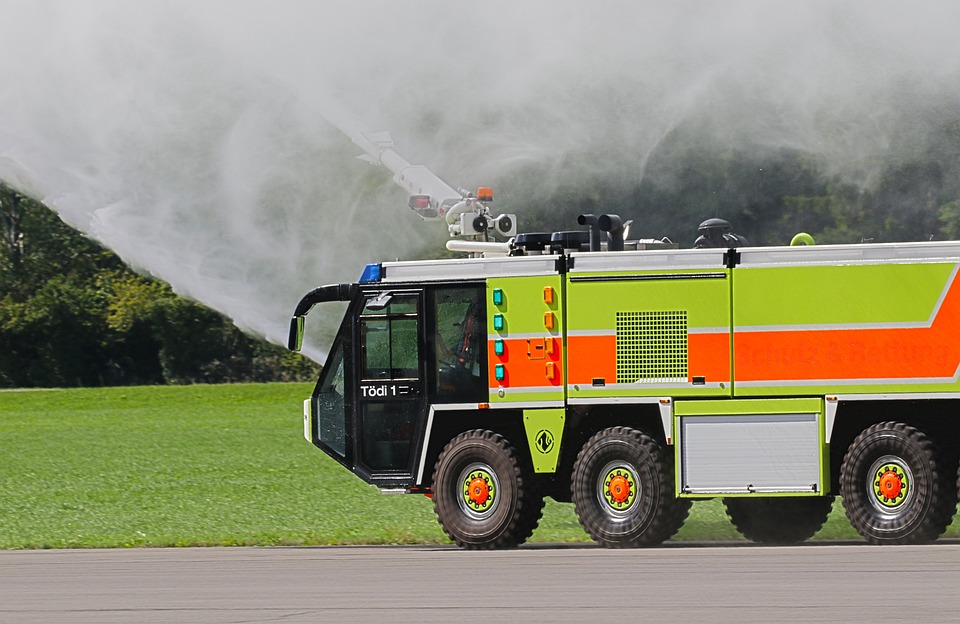The Role of Logistics in Supporting a Brigade in the Field
Introduction
Logistics is a crucial aspect of military operations, especially when it comes to supporting a brigade in the field. Without effective logistics support, a brigade would struggle to function and carry out their missions effectively. In this article, we will discuss the importance of logistics in supporting a brigade in the field and the various aspects that need to be considered.
Supply Chain Management
One of the key elements of logistics in supporting a brigade in the field is supply chain management. This involves the planning, coordination, and execution of the flow of materials and resources from the point of origin to the point of consumption. In a military context, this includes ensuring that troops have access to essential supplies such as food, water, fuel, ammunition, and medical supplies.
Supply chain management also involves managing the transportation and distribution of these supplies to various locations where the brigade is operating. This can be challenging in a dynamic and unpredictable environment, but with effective planning and coordination, logistics teams can ensure that supplies reach troops when and where they are needed.
Transportation and Movement
Another important aspect of logistics in supporting a brigade in the field is transportation and movement. This involves the movement of troops, equipment, and supplies from one location to another. This includes the use of various modes of transportation such as trucks, helicopters, and planes to transport personnel and cargo.
In addition to transportation, logistics teams also need to consider the movement of troops within the field of operations. This may involve setting up and maintaining supply routes, establishing forward operating bases, and coordinating the movement of troops to different locations as missions change.
Communication and Coordination
Effective communication and coordination are essential for successful logistics operations in supporting a brigade in the field. This includes maintaining communication between various units within the brigade, as well as with higher headquarters and support units. Clear communication is crucial for ensuring that troops receive the supplies and support they need in a timely manner.
Coordination is also important for ensuring that logistics operations run smoothly and efficiently. This involves working closely with other units and support organizations to ensure that resources are allocated effectively and that priorities are met. By coordinating with other units, logistics teams can avoid duplication of efforts and better utilize available resources.
Maintenance and Support
Maintenance and support are critical aspects of logistics in supporting a brigade in the field. This includes maintaining equipment and vehicles to ensure they are ready for use at all times. This requires a dedicated team of mechanics and support personnel who can perform regular maintenance and repairs on vehicles, weapons, and other equipment.
In addition to maintenance, logistics teams also provide other support services such as medical care, fueling, and resupply. This ensures that troops have access to essential services and resources while operating in the field. By providing these support services, logistics teams help to ensure the health and readiness of troops as they carry out their missions.
Logistical Planning and Execution
Effective logistical planning and execution are key to supporting a brigade in the field. This involves creating detailed plans for the movement and sustainment of troops, as well as coordinating with other units and support organizations. Logistics teams must anticipate the needs of troops and plan accordingly to ensure that supplies are available when and where they are needed.
Execution of logistics plans involves carrying out the planned activities in a timely and efficient manner. This may involve coordinating transportation, distribution, and support services to ensure that troops have what they need to carry out their missions. By carefully executing logistics plans, teams can ensure that troops are properly supported and equipped for success in the field.
Conclusion
In conclusion, logistics plays a vital role in supporting a brigade in the field. From supply chain management to transportation and movement, communication and coordination, maintenance and support, and logistical planning and execution, logistics teams are responsible for ensuring that troops have the resources they need to carry out their missions successfully. By focusing on these key aspects of logistics support, brigade commanders can ensure that their troops are properly equipped, supported, and ready to face any challenge in the field.


